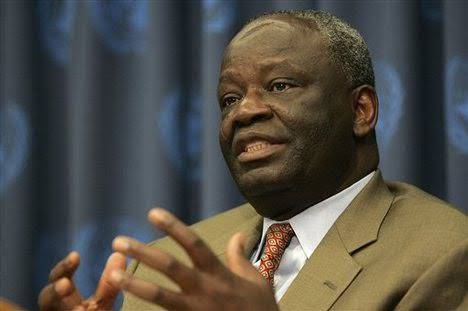Gambari calls for revival of 1965 grazing reserve law
The Nigeria’s former ambassador to the United Nations, founder and chairman of Savannah Centre for Diplomacy, Democracy and Development, Prof. Ibrahim Gambari, recently suggested the revival of the 1965 Grazing Reserve Law as solution to the incessant herdsmen/farmers clashes in the country. Gambari said the law can be revived based on Section 315 of the […]

Prof. Ibrahim Agboola Gambari, President Buhari’s Chief of Staff

The Nigeria’s former ambassador to the United Nations, founder and chairman of Savannah Centre for Diplomacy, Democracy and Development, Prof. Ibrahim Gambari, recently suggested the revival of the 1965 Grazing Reserve Law as solution to the incessant herdsmen/farmers clashes in the country.
Gambari said the law can be revived based on Section 315 of the 1999 Constitution in the 19 northern states.
Lending his voice is a legal icon, Malam Yusuf Ali (SAN), who also urged Nigerians to stop classifying the killer herdsmen as Fulani.
He said unless Nigerians stopped classifying the killer herdsmen as Fulani, the herdsmen/farmers clashes and the attendant wanton destruction of lives and property would continue unabated.
Gambari and Ali spoke at a symposium titled ‘Pastoralists and Crop Farmers’ Crisis: A Discourse on Proactive Measures to Prevent Conflict in Nigeria’ organised by the College of Agriculture, Kwara State University, Malete (KWASU).
He noted that out of the estimated 40 million hectares of grazing land in the country only three million hectares are specifically tagged as grazing reserves.
“The Nigerian livestock industry is largely dependent on natural vegetation. Although, there is a vast hectarage of natural vegetation in the country, they are not maximally utilized due to poor planning and conflicting government policies,” he added.
Gambari also called for harmonization of relevant laws and policies that govern grazing reserves and a national review and protection of traditional stock routes.
“Regional instruments governing pastoralism should be protected and above all domesticated. In addition to the laws, consultative process between farming and pastoral communities are required to review the effect of statutes and regulations on routine practices of animal husbandry,” Gambari also said.
The diplomat, who lamented that the idea to encourage nomads to settle was first made in 1942 but was never implemented, recommended that “a clear policy of land grant to pastoralists should be developed and implemented by the state governments.”
